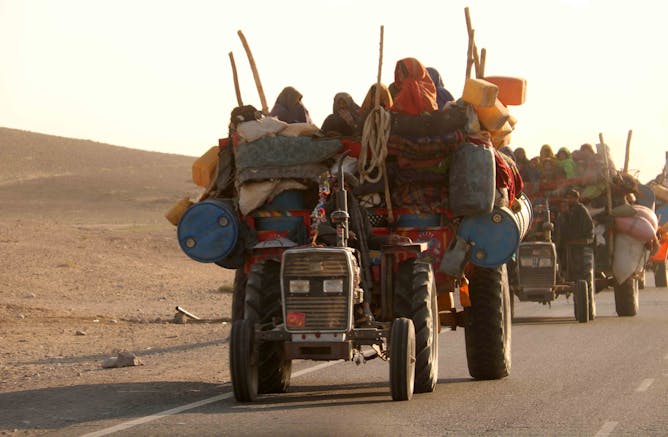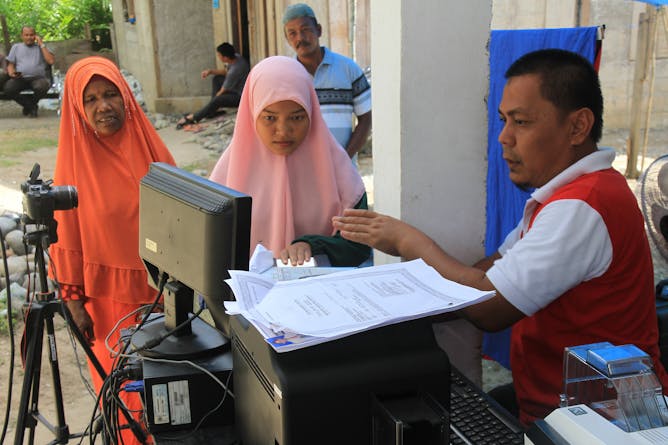|
The recent conflict in Afghanistan is expected to evoke another humanitarian crisis on a global scale, with many Afghans having to flee the country and become refugees.
Recent UN data estimated that almost 300,000 Afghan refugees have spread all around the world in search of a better and safer place to live.
One of their possible destinations is Indonesia, an archipelagic country in Southeast Asia. Many Afghan refugees consider Indonesia as a transit country before reaching their dream destination, Australia.
Annisa Dina Amalia of Universitas Indonesia has raised three strategies for Indonesia to manage the looming humanitarian crisis.
Meanwhile, authors from the Center on Child Protection and Wellbeing, Universitas Indonesia (PUSKAPA) write in their latest series on how the government should improve its civil registration system from the village level. Their latest research shows how reforms happening at the village level are a great potential to overcome the problems.
|

People fleeing their homes travel on the Kandahar-Kabul highway, amid the deepening crisis in Afghanistan.
Akhter Gulfam/EPA
Annisa Dina Amalia, Universitas Indonesia
Indonesia, as well as many other countries that will see an increase in Afghan refugees and asylum seekers, will be put to a test of humanity and will have to act quickly.
|

Residents of Aceh Jaya regency, Aceh, in the middle of data recording for identity cards.
Syifa Yulinnas/Antara Foto
Rahmadi Usman, PUSKAPA; Marsha Habib, PUSKAPA; Santi Kusumaningrum, PUSKAPA; Widi Sari, PUSKAPA
In Indonesia, village administrations are the closest to the community and in the best position to help citizens.
|
COVID-19
|
-
Gabriel Facal, Centre national de la recherche scientifique (CNRS); Ian Wilson, Murdoch University; Khoo Ying Hooi, University of Malaya; Rosalia Sciortino, Mahidol University; Sarah Andrieu, École des hautes études en sciences sociales (EHESS)
Political top-down governance and the rising challenges to civil society during the pandemic emphasise the region’s disregard of human rights and people’s ability to self-organise.
|
|